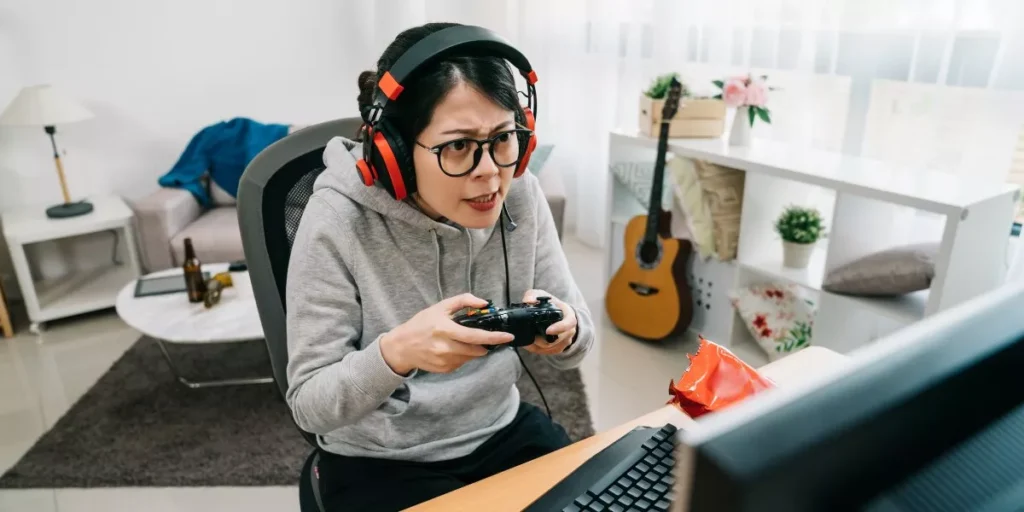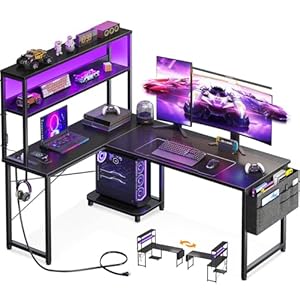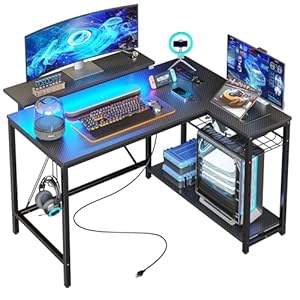
When it comes to gaming headsets, have you ever wondered about their lifespan and how long they typically endure? The longevity of gaming headsets is a topic of interest for many gamers, as these devices are crucial for an immersive gaming experience. Understanding the factors that influence the durability of gaming headsets can help you make informed decisions about your headset usage and maintenance. So, let’s explore the intriguing world of gaming headsets and uncover the secrets behind their typical lifespan.
Average Lifespan of Gaming Headsets
Gaming headsets typically last an average of 2-3 years with regular use and proper maintenance. To ensure your headset reaches its full lifespan, handling it with care is crucial. Avoid dropping or mishandling the headset, as these actions can lead to internal damage that may shorten its longevity.
Regular cleaning is another essential aspect of maintaining your gaming headset. Wipe down the ear cups and headband with a soft, damp cloth to remove dirt and sweat that can accumulate over time. Additionally, keeping your headset in a clean and dust-free environment can prevent debris from entering the device and causing potential malfunctions.
Proper storage is also key to prolonging your headset’s lifespan. When not in use, store it in a safe place away from extreme temperatures and humidity. This simple practice can prevent damage to the headset’s components and help it stay in optimal condition for longer.
Factors Influencing Headset Longevity
To maximize the longevity of your gaming headset, understanding the key factors that influence its lifespan is crucial. Proper care and maintenance play a significant role in how long your headset will last.
Factors such as how often you clean your headset, the way you store it when not in use, and whether you follow manufacturer guidelines for upkeep can all impact its longevity. Additionally, the quality of the materials used in the construction of the headset can determine how durable it’s over time. Headsets made with higher quality materials tend to last longer than those made with cheaper components.
Another factor to consider is how frequently you use your headset. Continuous, heavy usage can lead to quicker wear and tear compared to occasional use. Being mindful of these factors and taking proactive steps to care for your gaming headset can help extend its lifespan and ensure you get the most out of your investment.
Signs Your Headset May Need Replacing
If you notice crackling sounds, inconsistent audio quality, or one earpiece not working, it may be time to consider replacing your headset. These signs often indicate that your headset is starting to fail and may not deliver the same audio experience as before.
Cracks or pops in the sound can be a sign of loose connections or damaged drivers within the headset. Inconsistent audio quality, where the sound cuts in and out or sounds distorted, could point to issues with the headset’s wiring or internal components.
When one earpiece stops working entirely, it could be due to a faulty connection, speaker damage, or wiring problems. If you experience any of these issues, it’s advisable to start looking for a replacement headset to continue enjoying your gaming or audio experience without disruptions.
Tips to Prolong Your Headset’s Lifespan
To extend the lifespan of your headset, consider implementing proper care and maintenance practices. Start by storing your headset in a safe place when not in use. Avoid leaving it in extreme temperatures or humid environments that could damage the electronics. When cleaning your headset, use a soft, dry cloth to wipe away any dust or dirt gently. Avoid using harsh chemicals or liquids that could seep into the headset and cause internal damage.
Additionally, be mindful of how you handle your headset. Avoid twisting or bending the cables excessively, as this can lead to fraying and connectivity issues over time. When adjusting the headband or microphone, do so gently to prevent any unnecessary strain on the headset’s components.
It’s also essential to unplug your headset properly after each use. Yanking the cables out forcefully can damage the connectors and compromise the overall functionality of your headset. By following these simple tips, you can help prolong the lifespan of your gaming headset and enjoy crisp audio for many gaming sessions to come.
Gaming














